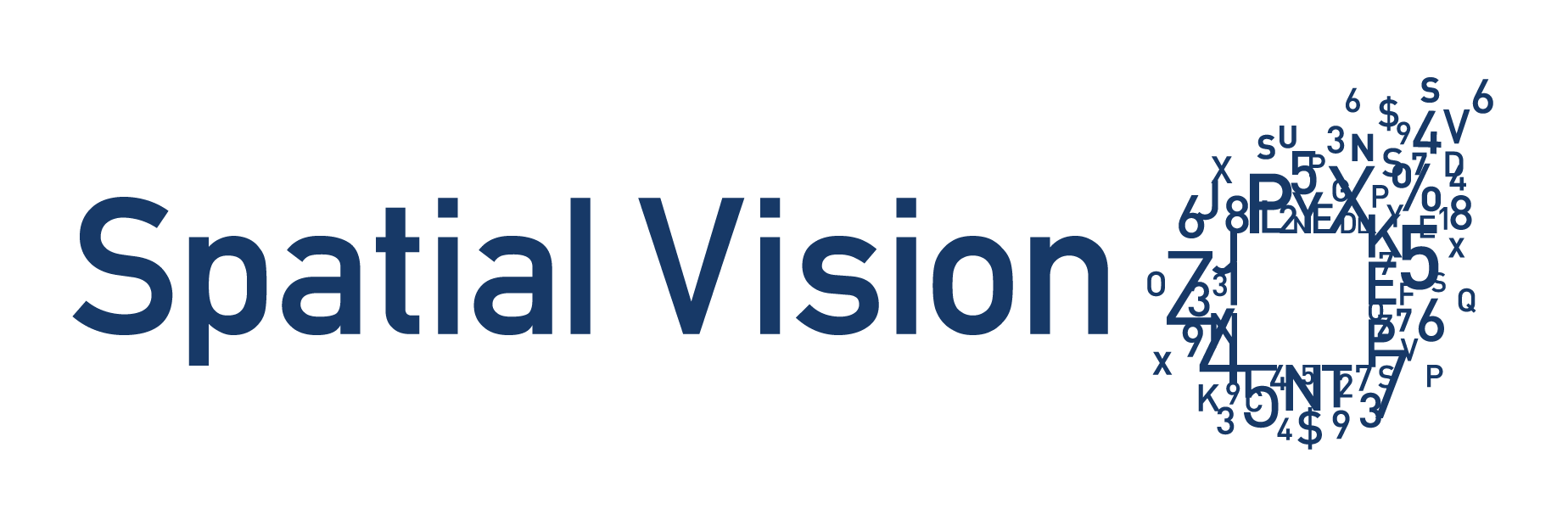What is a Digital Earth? According to the International Journal of Digital Earth, the term refers to “…a virtual representation of the planet, encompassing all its systems and forms, both natural environment and human societies, manifested as a multi-dimensional, multi-scale, multi-temporal, and multi-layer information facility.
“I believe we need a ‘Digital Earth’. A multi-resolution, three-dimensional representation of the planet, into which we can embed vast quantities of geo-referenced data” —Al Gore, 1998 (speech)
